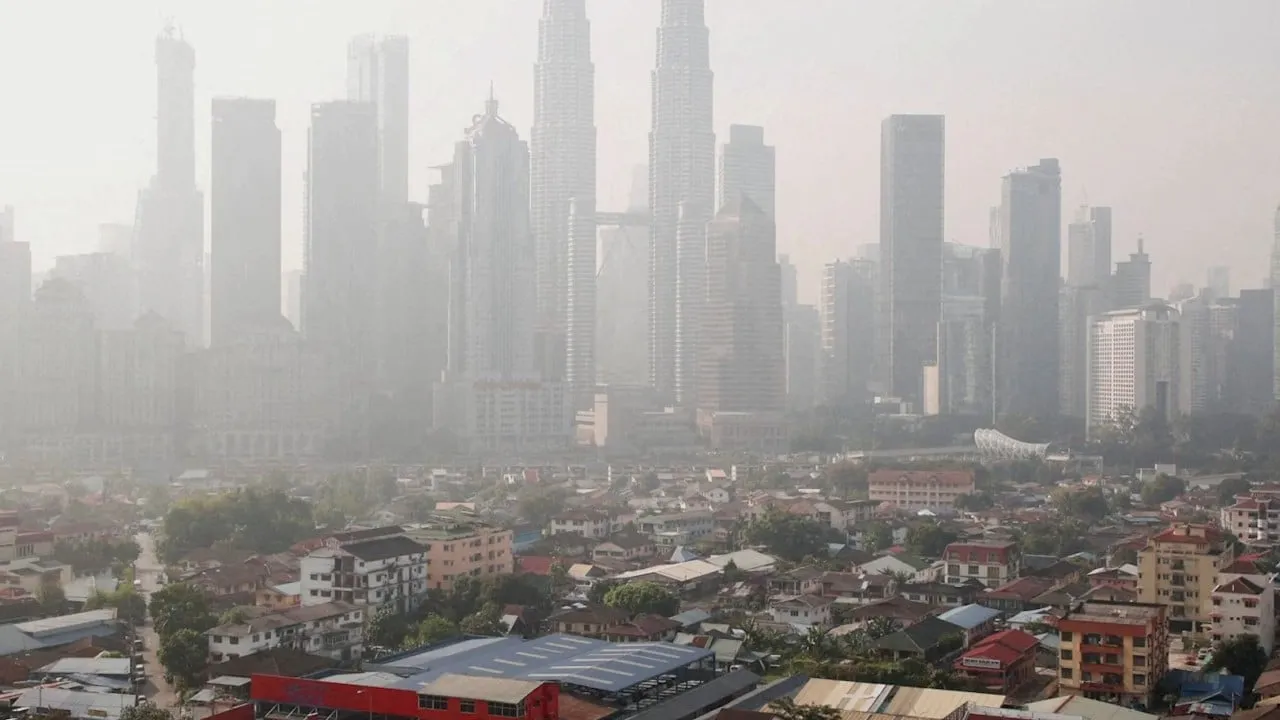Indonesia and Southeast Asia: Pioneering Multilateralism for the Future

Indonesia's Pivotal Role in Global Multilateralism
As world leaders once again converge on New York this month for the annual slate of United Nations General Assembly meetings, it will be hard to ignore the irony of the world’s largest multilateral gathering taking place against the backdrop of a multilateral order in crisis. It is not just because the Middle East is teetering on the brink of a region-wide conflict, or that humanitarian relief in Gaza is being held hostage by a few countries or that shifting dynamics in the Ukraine-Russia war risk mired Europe and the United States in a protracted war. For many in the Global South, it is precisely these challenges that evoke a crisis of confidence in an antiquated, inequitable global order.
Challenges Ahead at the Summit of the Future
This month, alongside the roll-call of leaders’ statements at the General Assembly, the UN will also convene a Summit of the Future. The summit is supposed to be a “once-in-a-generation opportunity” to repair trust in international cooperation, producing a Pact for the Future. Yet, with hardening geopolitical tensions and superficial commitments to world peace, skepticism is warranted.
The Vital Need for Reform
- UN Security Council reform is critical and will be discussed at the summit.
- Calls from Southeast Asian nations for comprehensive reform showcase the urgency of this issue.
- Indonesia, along with Thailand and Malaysia, is seizing opportunities for greater representation and participation in key discussions.
Harnessing Regional Potential
The future of effective multilateralism lies in democratizing its processes. The ASEAN Digital Economy Framework Agreement represents a significant step towards shaping rules that safeguard Southeast Asia's interests in the global arena.
Redefining the Global South's Narrative
Rising self-confidence within the Global South is fostering momentum for prioritizing its collective needs. From Vietnam to Gaza, mobilizing youth voices presents an opportunity to reformulate international dialogue and foster equitable cooperation.
For further insights, revisit the source for more details on Southeast Asia's vital contributions to a reimagined global order.
This article was prepared using information from open sources in accordance with the principles of Ethical Policy. The editorial team is not responsible for absolute accuracy, as it relies on data from the sources referenced.